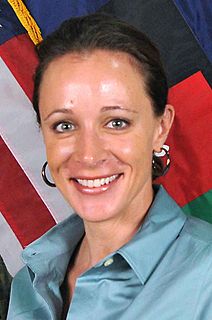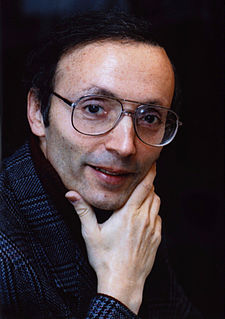A Quote by Paula Broadwell
I was an academic and I lost my assignment at Harvard. Meanwhile, [David Petraeus] gets invited to Harvard to become a fellow.
Related Quotes
Harvard's Kennedy School of Government asked me to serve as a fellow at its Shorenstein Center on the Press, Politics, and Public Policy. After my varied and celebrated career in television, movies, publishing, and the lucrative world of corporate speaking, being a fellow at Harvard seemed, frankly, like a step down.
I would not say that Harvard possesses any sort of absolute dominance. And I personally do not take the rankings of schools all that seriously. However, I think that Harvard's global visibility increased significantly in the 1930s and 1940s and that the new commitment to excellence at Harvard spread to other institutions.
You have to be really tenacious. You have to keep at it. There are many roads to get there. If you can get yourself into Harvard, that's a good way to go, because every Harvard graduating class, the agencies come trolling around and they'll look for you. So if you go to Harvard, you'll get found there.
That said, there are a few clear factors that determine the potential of a university to reach the highest levels of excellence. In the case of Harvard University, it was true that by the time of its tercentenary (300th anniversary of its founding) in 1936, Harvard had already achieved a reputation as a world-class institution. Harvard did not have the stature that it does today.
I had a certificate that said, 'Doctor of Mixology, Harvard University,' that I actually got from Harvard University. A friend of mine was a research assistant over there and it was one of those student or university perks and she brought me in on that. So I am a doctorate from Harvard and it only took me one afternoon.
I got a PhD from Harvard and a few years later, there was a girl from Sunderland who hadn't got into Oxford or Cambridge, even though she'd got perfect A-levels. Harvard asked me to come and recruit her because I was recruited out of university by Harvard - they were trying to show that people could make it.
Public image is extremely important in American society and I observed personally that the Presidency of John F. Kennedy did much in the public mind for Harvard. Harvard was an excellent school before Kennedy, but Kennedy embodied a new vision for the United States: a leader who caught the world's imagination and that reflected on his alma mater, Harvard.




































